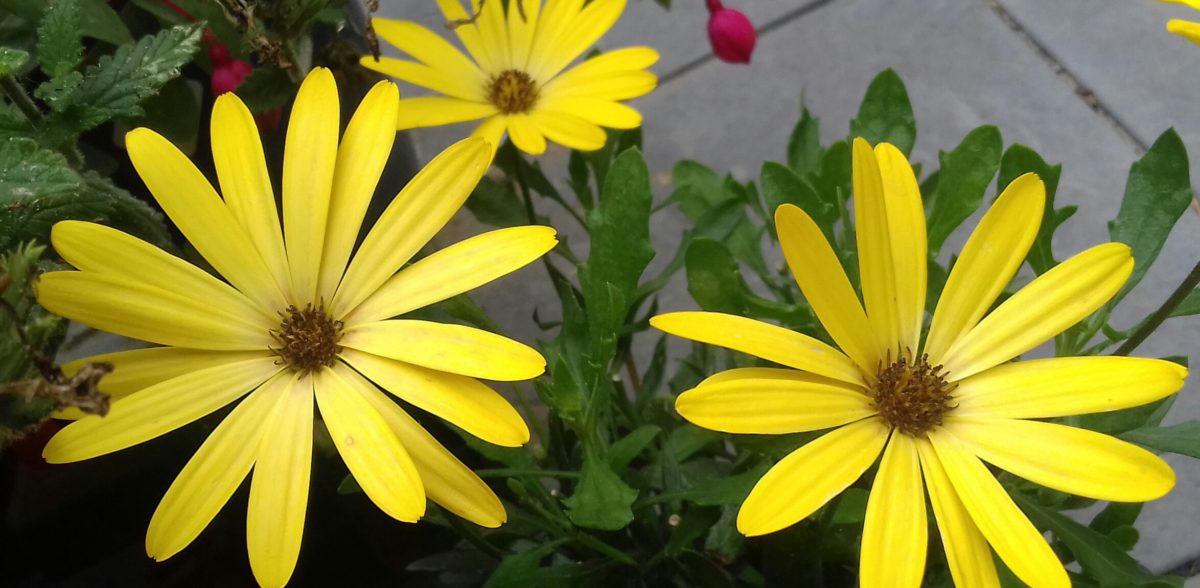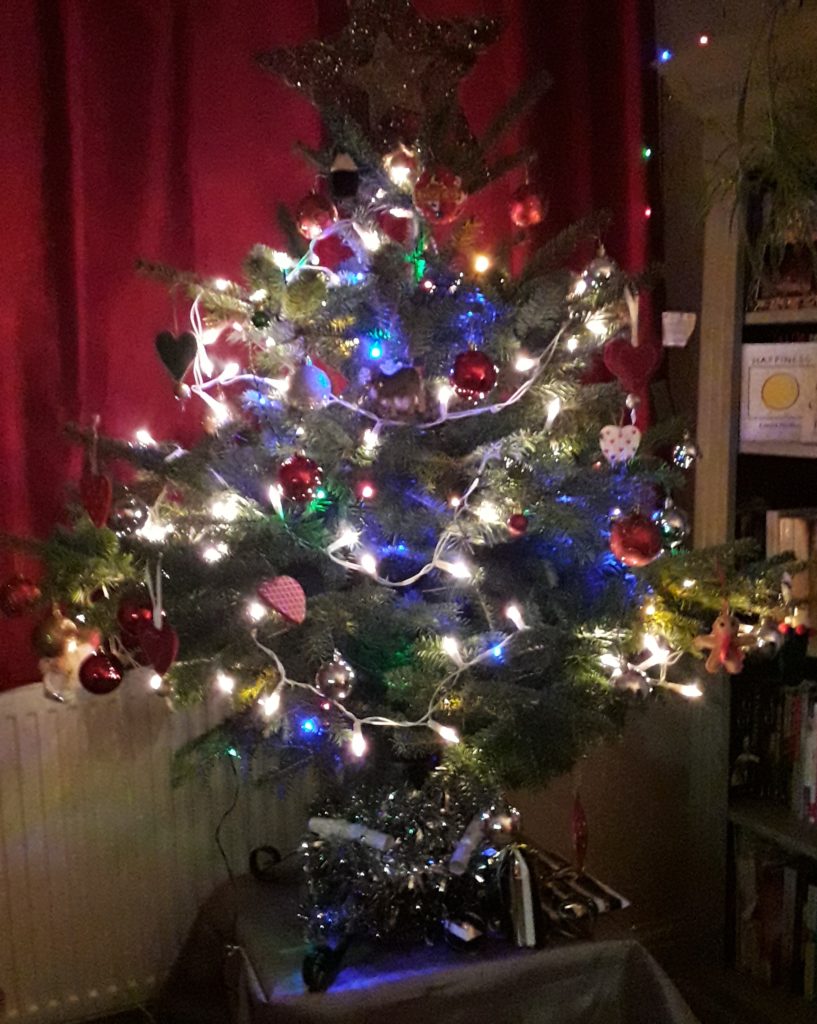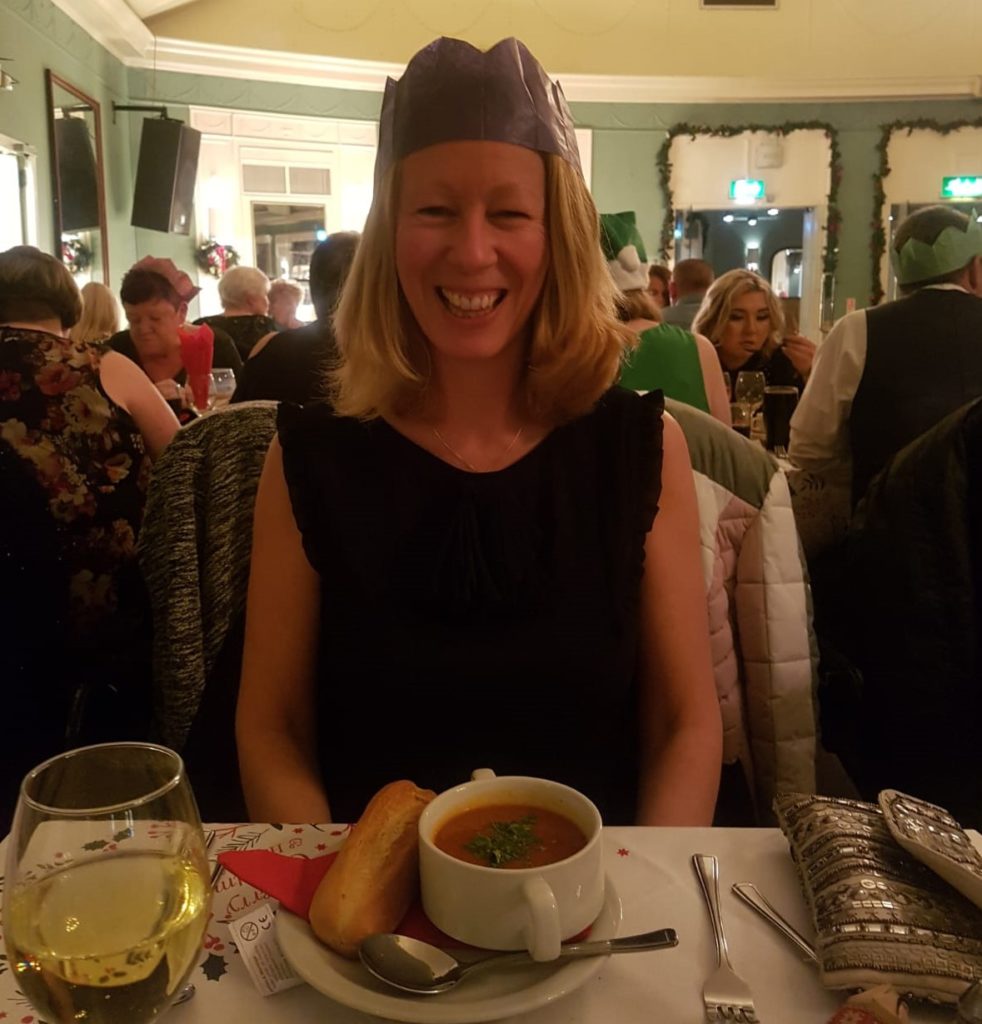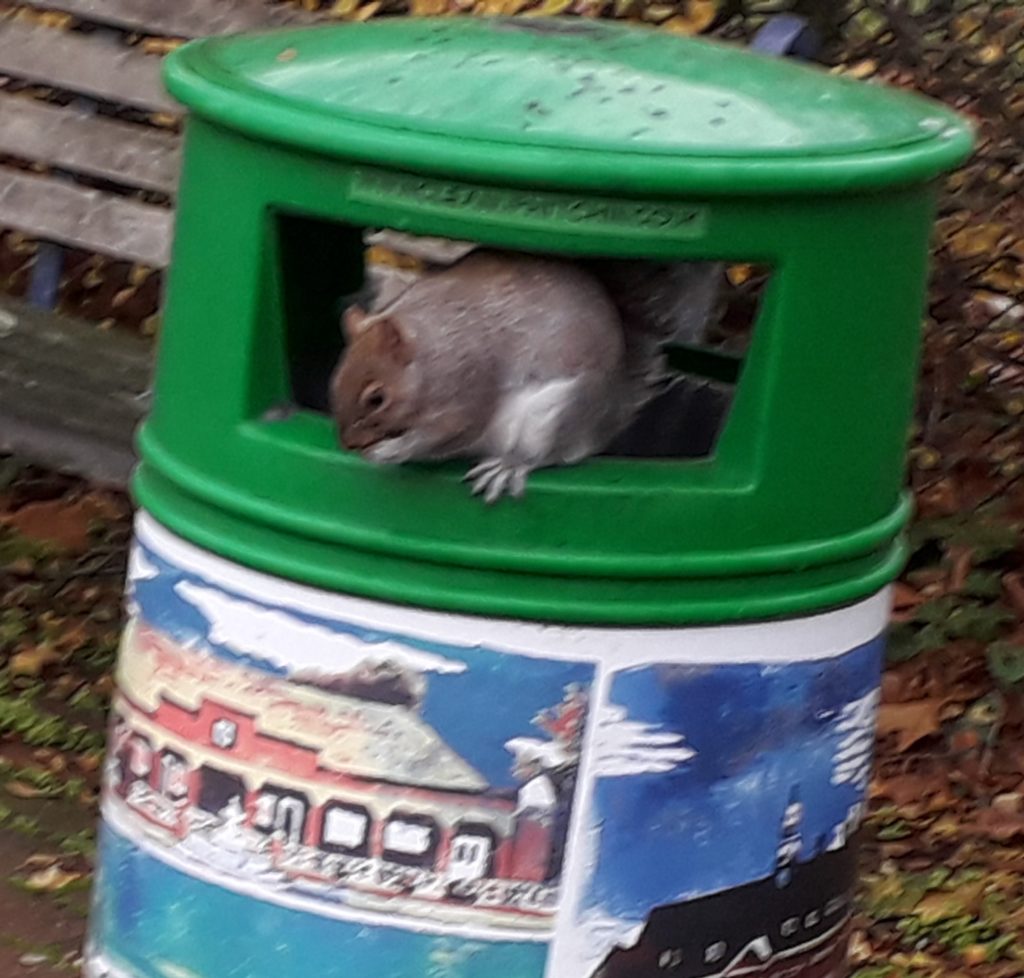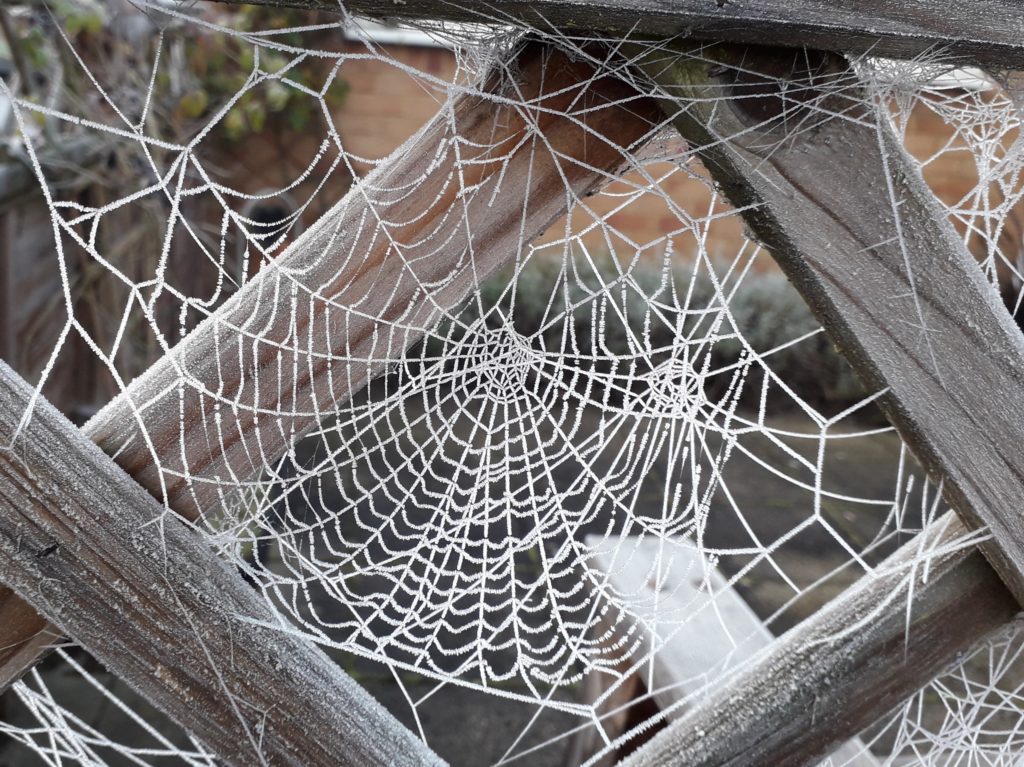The theme that has emerged quite powerfully in recent weeks has been compassion.
As in, our shared human need for it.
To respect our need for compassion whilst understanding that this does not equate to weakness or self pity is one of the greatest ways to understand and apply appropriate care of our shared humanity.
During this Covid induced crisis the need for self care is at an all time high for this is a time of much loss in many forms. If the figures of daily deaths are anything to go by then there are literally thousands of families directly impacted by the heartache of losing one of their own. This is never easy. But if it has also meant being unable to be with said member in their last days or unable to attend their funeral, the pain on top of the original grief will be intensified.
There is of course much fear and anxiety around employment, finances and the all pervading uncertainty about general implications for the future.
These are foreign, unfamiliar struggles at least within this current context. None amongst us have been here before nor do we know how long this will continue or what our new normal will look like.
And yet, alongside the deaths and threat to, runs the opportunity for new life. To be creative in how we engage with ourselves, each other, faith, work, rest, play and life in general.
It is a time to reflect upon just how much we have taken for granted for so long; our freedom to come and go, to mix with others as we wish, to ‘go to work’ and generally be around our fellow humans without fear of life risking repercussions.
Personally, I have realised this year just how much I have taken my health for granted. I have enjoyed an enormous capacity for health, strength and energy which I have utilised and enjoyed by fitting a ridiculous amount in to each day. Perhaps I have still been attempting to make up for the inertia that kept me bound during my first three decades.
Either way, I have been forced to a standstill by my health twice so far this year; I was wiped out for two weeks in February which required a further two before I was back to full capacity and then I was wiped out again for another two weeks just as we entered lockdown.
Was it a mild version of Covid-19? Some of the symptoms were suspiciously similar but many viruses have overlapping symptoms so without a test it is impossible to know.
What I do know is that since I have recovered from whatever it was, I have a renewed capacity for gratitude of being able to get out in to the stunning countryside to walk, run and ride. How thankful I am to have a garden as well as all the open fields surrounding my house.
Gratitude central.
Although my work has changed and reduced, I continue to love what I do.
Baking is not a new pleasure for me but the increased time to indulge in it is. The result of which has been in addition to more scones, muffins, cakes and cookies, that I now bake a fresh loaf of soda bread every weekend. It is quick and easy whilst not compromising on smell, texture or flavour. Not so easy replenishing flour supplies though!
And I have to say that now that I have established a new rhythm and routine this slower pace is most welcome.
All in all, I have much to be grateful for.
But, like everyone else, I have my moments when motivation eludes me or I am just flat or I just miss people. Times when I need reminding that I need to keep practising compassion and understanding of myself within the complexity of this situation.
I often hear myself reminding others of the need to be patient and kind to themselves and to adjust their expectations of themselves and others to allow flexibility for this situation.
And then a friend reminded me to ‘have compassion for yourself Jo’ having been reminded of that by her supervisor!
How easy it can be to forget these basic necessities of self care in the midst of such strange times.
There are many simple things that we can each be grateful for right now whilst not denying the unusual or worrying nature of this crisis.
This is not an easy time.
The highs and lows, challenges and rewards will look different for all of us but what remains the same is our need for compassion both for ourselves and each other.
